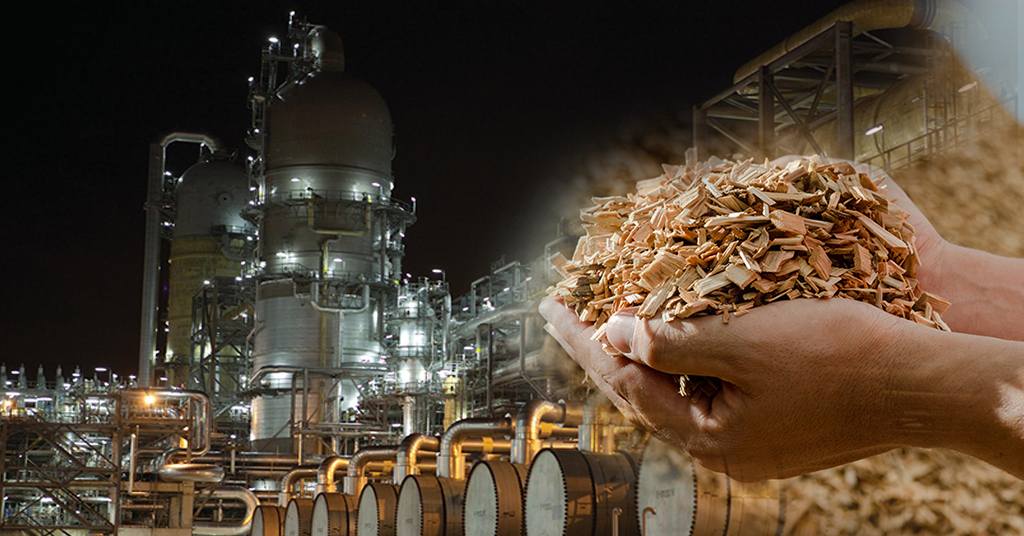Welcome To ChemAnalyst

The naphtha markets in Asia commenced 2024 on a downtrend, responding to the surge in crude oil benchmarks fueled by geopolitical tensions in the Gulf of Aden. The crack experienced a significant dip, plummeting by approximately $19 to $88.85 per metric ton relative to Brent crude.
On the Singapore trade window, naphtha witnessed no trading activity. However, the cracks found support from a series of transactions involving the benchmark-grade of gasoline. Unipec, a prominent trader, acquired 200,000 barrels of the 92-octane grade of transportation fuel. Simultaneously, Vitol secured 300,000 barrels of the same grade.
In the realm of refined fuel export quotas, China took a notable step by issuing its initial quotas for 2024, totaling 19 million metric tons. This volume remained unchanged from the previous year and aligned closely with market expectations. The stability in export quotas indicates a consistent approach from China in navigating the refined fuel landscape.
Oil prices experienced a surge in the first trading session of the New Year, propelled by several factors. The possibility of disruptions in Middle East supply chains following a naval clash in the Red Sea contributed to the upward momentum. Additionally, optimistic sentiments arose from expectations of robust holiday demand and economic stimulus in China, the world's leading importer of crude oil.
Despite the challenging backdrop in the Gulf of Aden and the resultant impact on crude oil benchmarks, the naphtha market's resilience was evident through the lack of trading at the Singapore window. The focus on benchmark-grade gasoline transactions underscored a concerted effort to maintain stability in the midst of market fluctuations.
Unipec's acquisition of 200,000 barrels of the 92-octane grade of transportation fuel demonstrated a strategic move within the refined fuel landscape. Similarly, Vitol's purchase of 300,000 barrels of the same grade further contributed to sustaining the cracks. The gasoline refining profit margin, holding steady at $9.88 per barrel over Brent crude, highlighted the market's ability to weather external pressures.
China's issuance of refined fuel export quotas for 2024, maintaining the volume at 19 million metric tons, showcased a measured and consistent approach. The decision to keep quotas unchanged reflected a nuanced understanding of market dynamics and a commitment to stability in the face of evolving global conditions.
As oil prices surged in the initial trading session of the New Year, the interconnected nature of geopolitical events, market dynamics, and regional demand became apparent. The anticipation of disruptions in the Middle East, coupled with positive expectations for holiday demand and economic stimulus in China, underscored the multifaceted factors influencing oil prices.
We use cookies to deliver the best possible experience on our website. To learn more, visit our Privacy Policy. By continuing to use this site or by closing this box, you consent to our use of cookies. More info.
